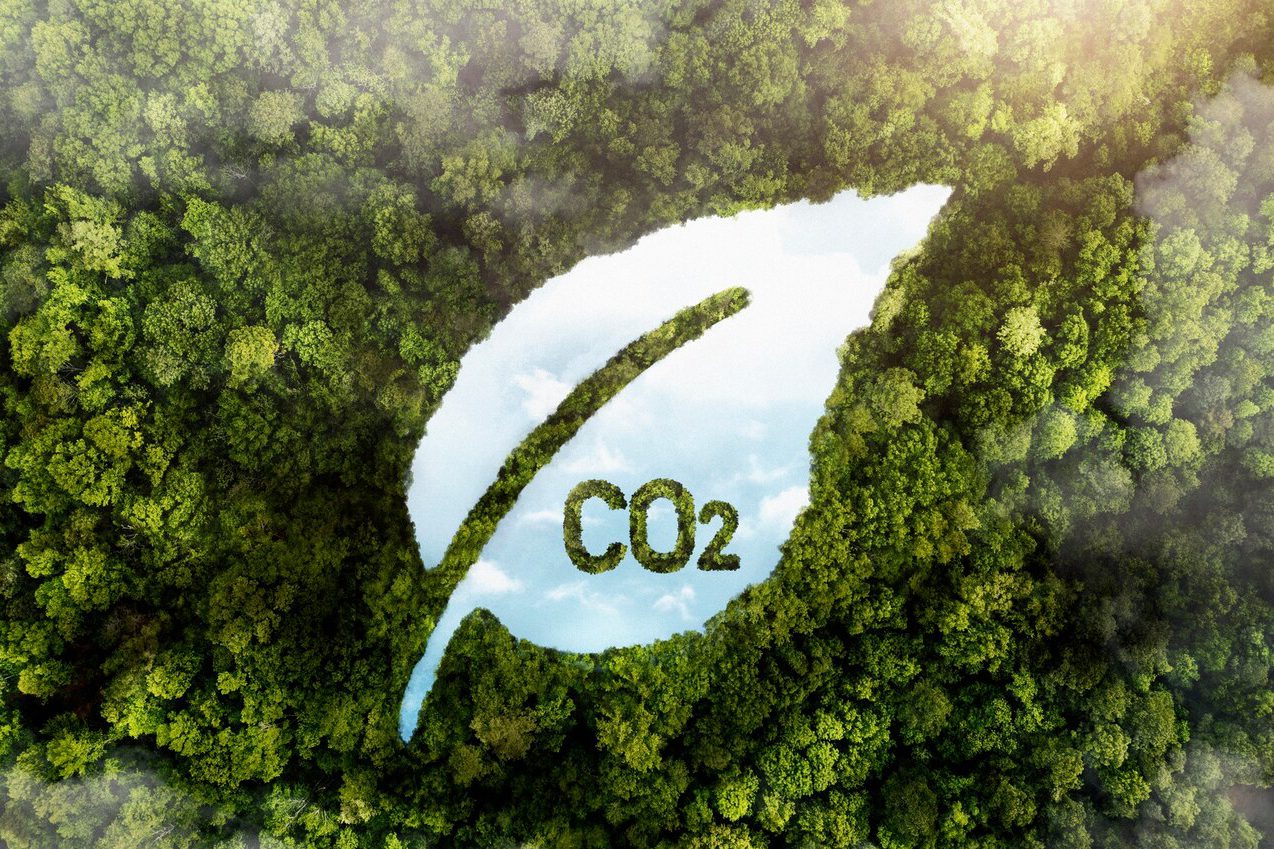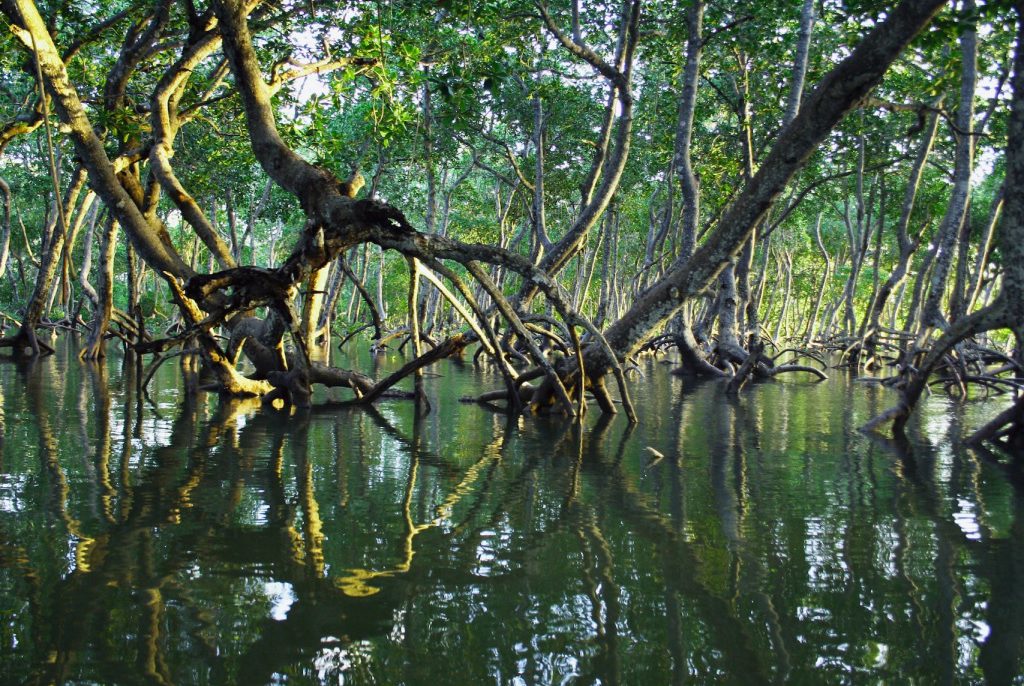The carbon emissions challenge
Like businesses everywhere, Computair is placing greater focus on achieving net zero. In 2023, we conducted a carbon audit and were shocked to find what a large proportion of the company’s carbon emissions were generated by air travel.
Post-Covid, we have certainly reduced the number of flights we take in a year, with video conferencing technology becoming an effective alternative to stepping on a plane. However, sometimes Teams won’t do: AHR Expo, for example, is one of those occasions when there is no substitute for travelling to meet clients and industry colleagues in person.
Strategic planning means we often schedule client visits during the same trip, which makes the most of the air miles travelled and reduces the number of times we have to undertake long-distance flights. Nevertheless, as we accept that some air travel is necessary, we also have to accept that there are currently no low-carbon or no-carbon alternatives which are remotely viable. All we can do is offset the carbon cost of air travel and we’ve chosen to do this by planting some trees.


Trees4Travel and what they do
In July last year, we began working with Trees4Travel, an environmental tech company which offsets travel-related CO2 emissions by planting trees in developing countries. These are new trees for the purposes of reforestation. The project aims to empower local communities, supporting sustainable land practices and replanting a variety of native tree species in existing forests where the natural woodlands have been depleted through human activity. This helps to restore ecosystems whilst creating employment, thus stimulating economic growth.
Trees4Travel technology calculates the number of trees required to absorb a company’s travel-generated carbon emissions over a period of 10 years, and Trees4Travel plants however many trees the company decides to finance in pursuit of this goal. There are no minimum requirements: technology can calculate the optimum number of trees needed to offset travel emissions, but a business can choose how many trees to plant.
In just under a year, 283 new saplings have been planted on Computair’s behalf in Mahubo, in the mangrove forests of Boane in the Maputo Province of Mozambique. The Mahubo planting site is an an important habitat for marine life, birds, and animals such as turtles and crocodiles, and it is clear how vital reforestation is not only for reducing carbon emissions. With 283 new trees planted, Computair is presently on track to have all travel CO2 absorbed by the end of 10 years, a fact of which we are very proud. Whilst reducing our carbon footprint remains a work in progress, our support for Trees4Travel feels like a positive step in the process.
LEARN MORE